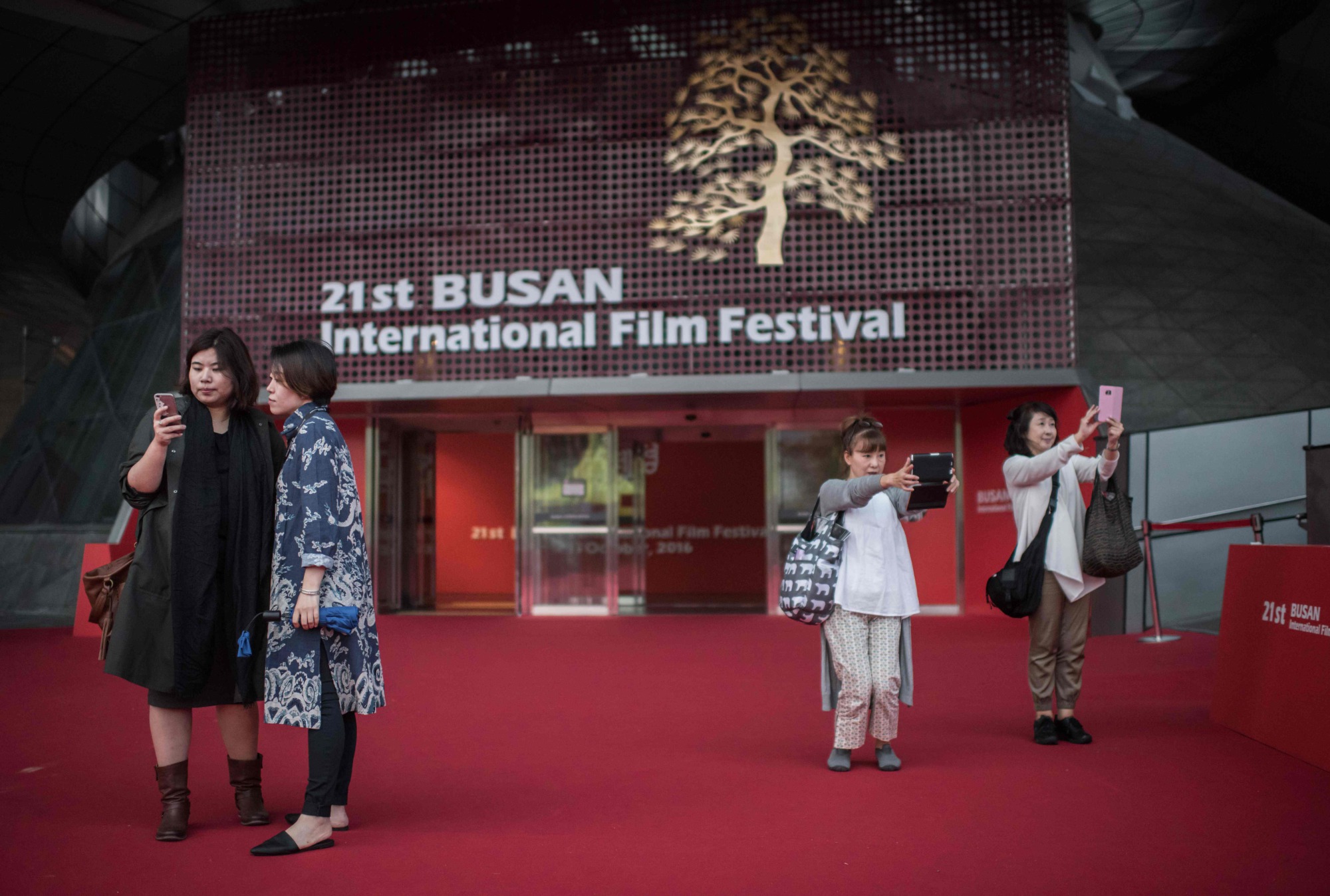The 21st edition of Asia's biggest movie event, the Busan International Film Festival (BIFF), which took place from Oct. 6 to 15, almost didn't happen; or, at least, that's the story being told. Actually, considering how important the festival is for South Korea's movie industry, one of the most vital in the world, it's difficult to imagine anyone would have allowed the festival to not take place.
Problems started two years ago during the 19th edition, when the festival screened a hastily assembled documentary about the sinking of the Sewol ferry, in which hundreds of people, mostly students, died. The tragedy was still fresh in people's minds and the movie clearly blamed the government for not acting quickly enough to save lives. The mayor of Busan, Suh Byung-soo, was livid, since the president, Park Geun-hye, is a friend of his. When he heard about the documentary he forbade it to be shown. But they screened it anyway, and the city, which is the main sponsor of the festival, said it would pull funding.
Subsequently, the conflict continued to the point where the festival's director, Lee Yong-kwan, was indicted for "mishandling" festival money. The general opinion in the film industry is that the charges were made up in order to scapegoat Lee, and earlier this year a number of domestic film organizations, including the Korean Film Directors Association, said they would boycott the festival. The esteemed British film scholar, Tony Rayns, made it clear during a forum about the controversy held during this year's festival, that the persecution of BIFF was purely political.



















With your current subscription plan you can comment on stories. However, before writing your first comment, please create a display name in the Profile section of your subscriber account page.